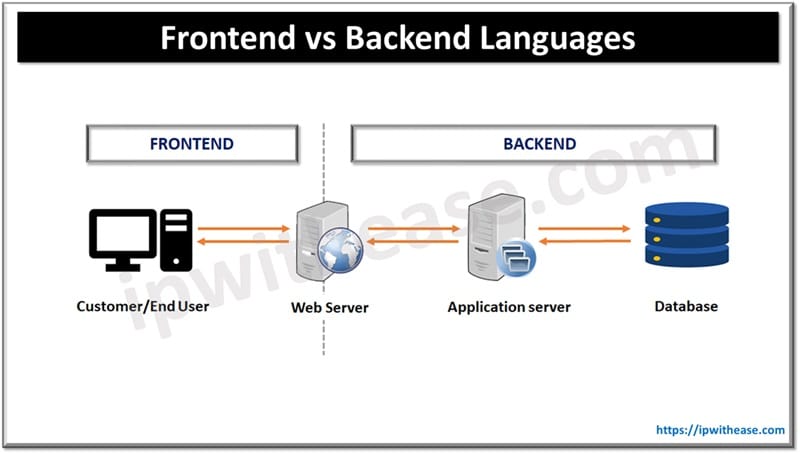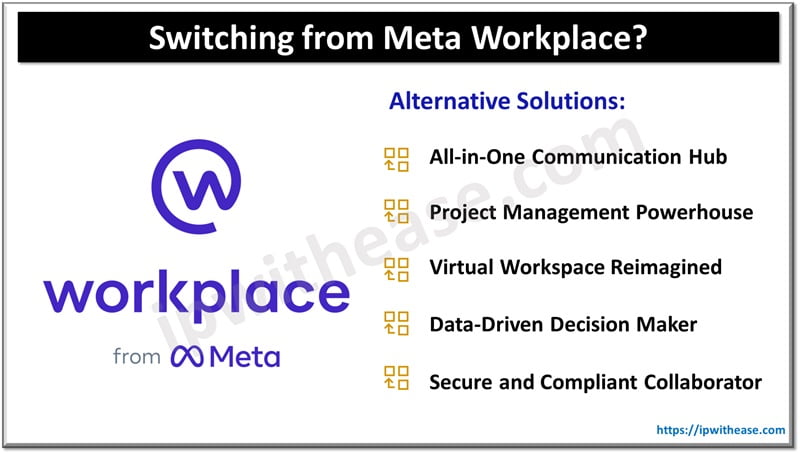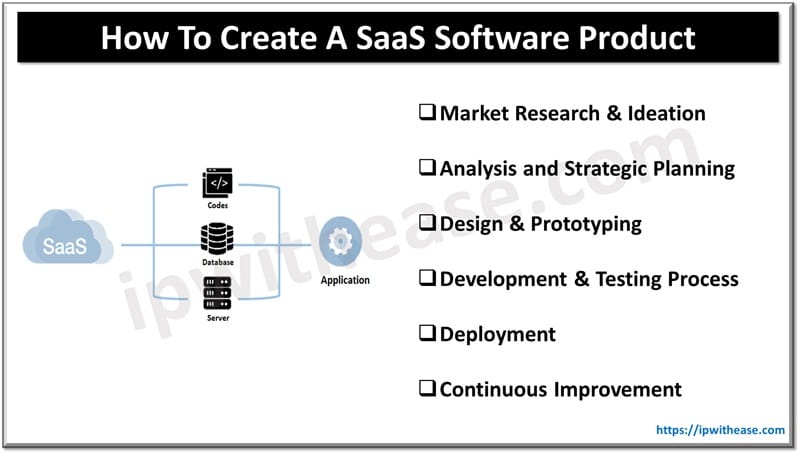Table of Contents
The operating system is probably the key aspect regarding the choice of VPS hosting for your business. The OS will affect various elements of your VPS’ performance and thus it must be chosen carefully to fit your needs in the best way possible. Therefore we want to break it down today, what you have to keep in mind when looking for a best OS for VPS.
Windows vs. Linux
The first choice you have to make is whether you want a Windows Server VPS or a VPS with any of the available Linux distributions. These two are the most common operating systems that are installed on the server and the differences between them are most notable.
To make a long story short, Windows is a paid and closed source operating system that is rather preferred for certain particular areas –
- like in cases if you need ASP,
- Microsoft-centric applications, or
- some other Windows features that suit well for corporate use
On the other hand, choosing Windows you have to put up with additional expenses as it is proprietary and paid software. So, unless you know that you need certain features of Windows VPS, it’s more likely that you’ll rather benefit from Linux VPS.
Linux is free and open-source software, which explains its popularity and an innumerable amount of possible configurations, with a vast community of developers. It’s also considered generally more stable and reliable than Windows.
However, there is no one single Linux, there is a long list of its distributions. They all are based on the Linux kernel, which is the same regardless of distribution, but they all have their distinct features, depending on the purpose this or that distribution was intended for, and other particularities depending on the developers.
Aspects when choosing an Operating System for a VPS
In the following, we want to take a closer look at the most common and popular Linux distributions, comparing them according to the aspects each of them is best at.
User-friendliness
Ubuntu is widely recognized to be perhaps the best Linux distribution according to this aspect. Its desktop environment is pretty much intuitive and allows you to do as much as possible without using the command line, which is especially beneficial for beginners. It’s also easy to install the distribution, being extremely straightforward and free from professional slang so beloved by Linux nerds.
The usability of Ubuntu made it also popular enough to have a large community of users and developers, which provide the OS with additional support, which makes its use even more comfortable.
Features
As for the features available, the possibilities of each single Linux distribution are rather similar. They all depend rather on the packages you install. In this regard, the most functional is Red Hat Enterprise. Being a commercial software, it’s provided with the biggest number of packages pre installed. However, this one is also one of very few commercial Linux distributions.
Performance
A significant part of the performance of your Linux VPS relies on the quality of hardware as well as your hosting provider. For this reason, we’d recommend to choose a reliable hosting provider. As for the rest, Ubuntu is also considered the best in terms of performance.
Applications available
Although all distributions share the same kernel, they do differ according to what can be installed on them. Various communities of developers prefer to stick to the distribution they use and eventually create apps that are fine-tuned to the particularities of their favorite distribution.
But eventually, if this or that application is not available for your Linux distributions, it won’t bother you that much as you won’t probably know about this or that app’s existence. But anyway, if you wonder, what Linux distributions may offer you the broadest selection of exclusive applications, the answer is most likely Ubuntu, considering that it is nearly the most popular.
Configuration
Ease of configuration comes with ease of use, so if you are looking for something which is easy and fast to configure then you can go for Ubuntu or any other distributions that you find comfortable to use. To facilitate this process, you can also install the GUI provided with the server version of the distribution.
However, after the end of the installation, it’s recommended to de-install the GUI, as it eats up a significant number of resources.
Conclusion
Choosing the right operating system for a VPS is important, as it affects various aspects of the eventual VPS operation and affects the things you are going to make with it. The main option paradigm is Windows vs. Linux, but the latter also has lots of variations, all with their particularities.
According to the aspects we’ve mentioned above, it’s a good idea to go for Ubuntu VPS, considering its features as well as the community of developers, but any other distributions – CentOS, Fedora, or Debian might be also a wise choice, depending on your requirements and your taste. Here we finish our material, thank you for your attention, and take care!
Continue Reading:
Introduction to Linux Operating System
What is Fedora OS? Linux based Operating System
ABOUT THE AUTHOR
IPwithease is aimed at sharing knowledge across varied domains like Network, Security, Virtualization, Software, Wireless, etc.



